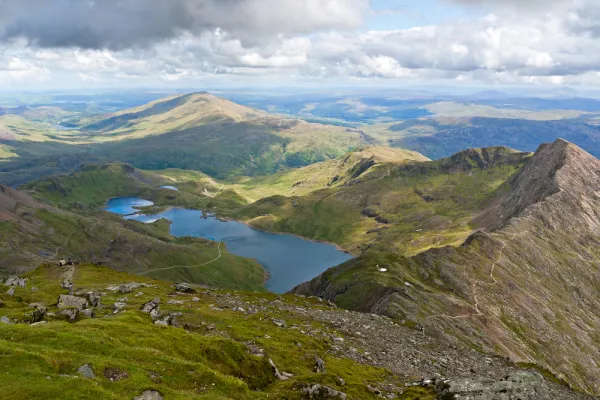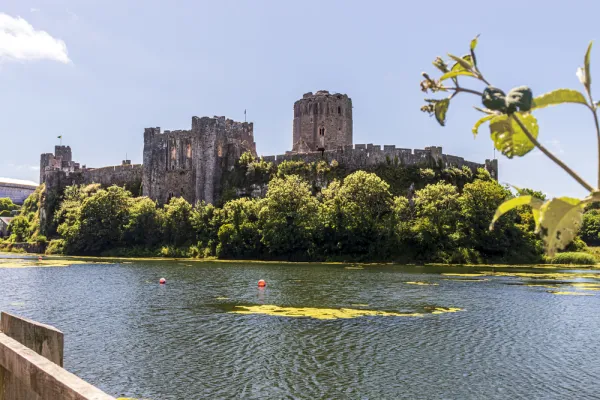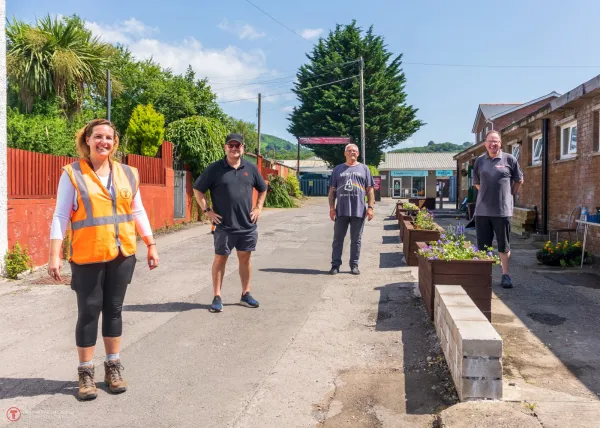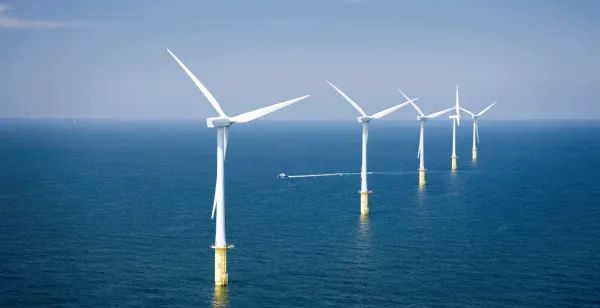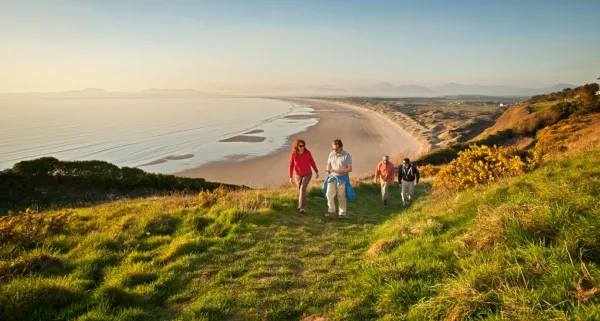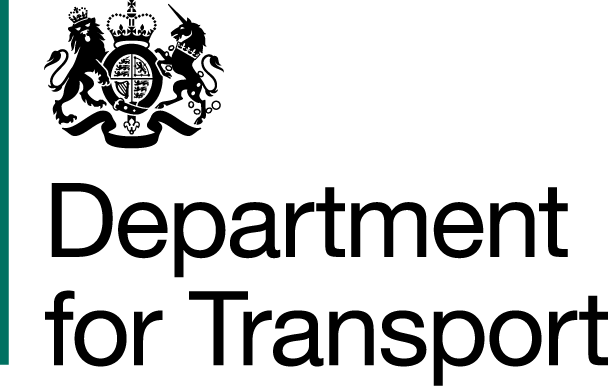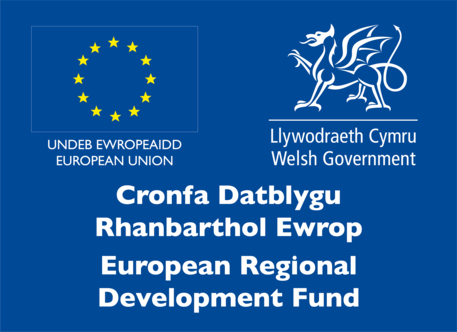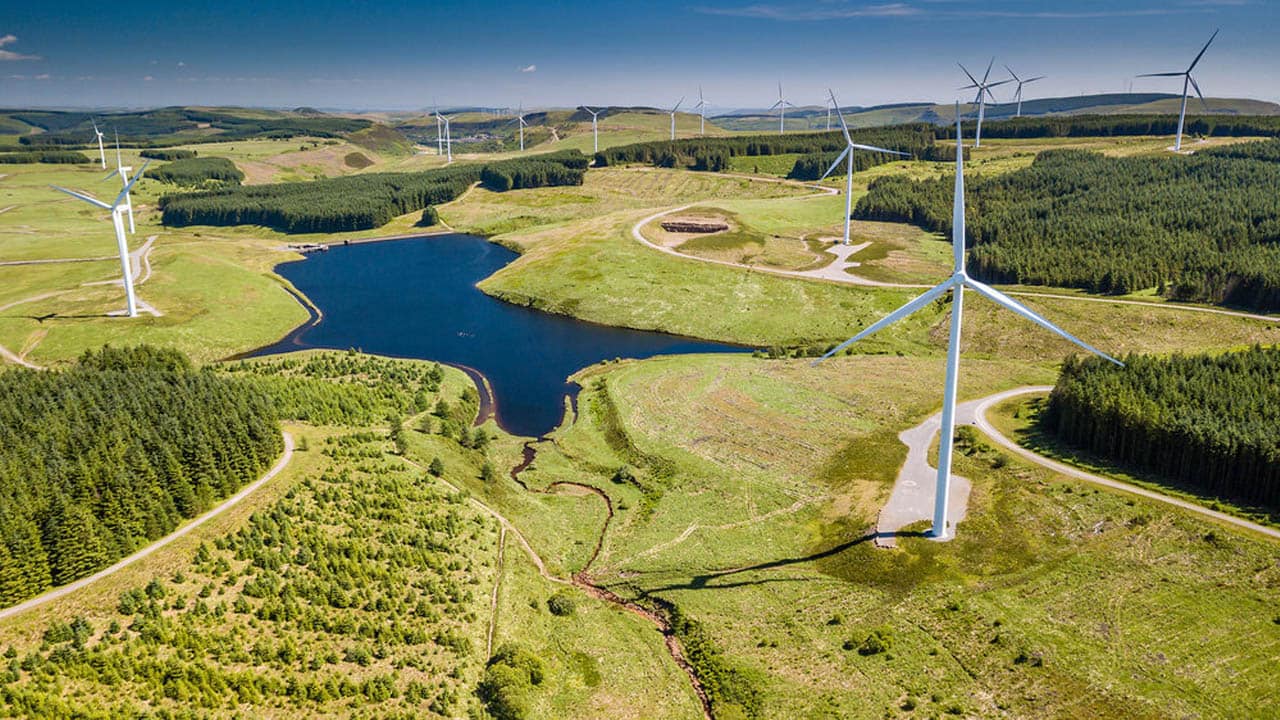
Our commitment to decarbonising our network
We’re transforming the transport network in Wales and the borders so that it becomes truly sustainable and fit for future generations.
Transport is fundamental to the social, economic, environmental and cultural well-being of Wales. That’s why our work is fully aligned with the seven goals of the Well-being of Future Generations (Wales) Act; helping to create a Wales that we all want to live in, now and in the future.
Creating a network fit for the future
We’re committed to delivering an accessible, sustainable, and efficient multi-modal transport network with sustainability embedded throughout our organisation.
Our sustainable development plan sets out how we:
- Ensure sustainable development is part of our culture and embedded in everything we do.
- Determine our commitment and approach to sustainable development up to 2033.
- Set clear goals, actions and responsibilities.
- Meet the requirements of relevant legislation and policies.
- Undertake key activities to build a sustainable transport network.
Green infrastructure
Green infrastructure is a strategic network of high-quality green spaces and other natural features. It’s designed and managed to support nature and biodiversity as well as bringing quality of life benefits for communities now, and in the future. It’s an important part of the world’s ‘natural capital’.
Urban areas and the green spaces in them are important for both people and wildlife, generating habitats and creating places where people want to live and work. We’re looking for more opportunities to build green infrastructure across our network to help deliver a wide range of benefits. These include:
- Combating the effects of climate change that are becoming more prevalent, including reducing surface water flooding, pollution, the ‘heat island effect’ and improving carbon storage.
- Providing habitats and connectivity for wildlife in urban areas and contributing to biodiversity with no net loss/net gain in projects.
- Improving physical and mental health by providing recreational space, encouraging active travel, reducing stress levels and health inequalities by bringing people closer to nature and improving air quality.
- Contributing to local, regional and national biodiversity targets including maintaining and enhancing resilient ecological networks and improving ecosystem services.


